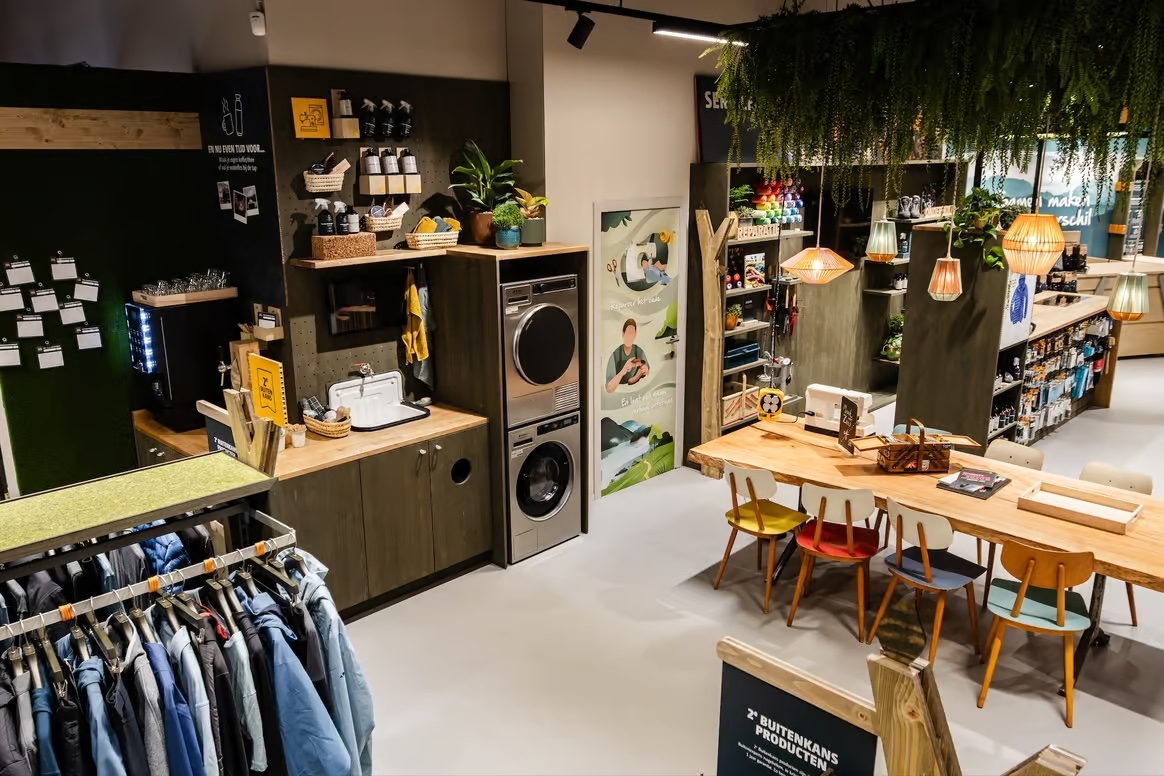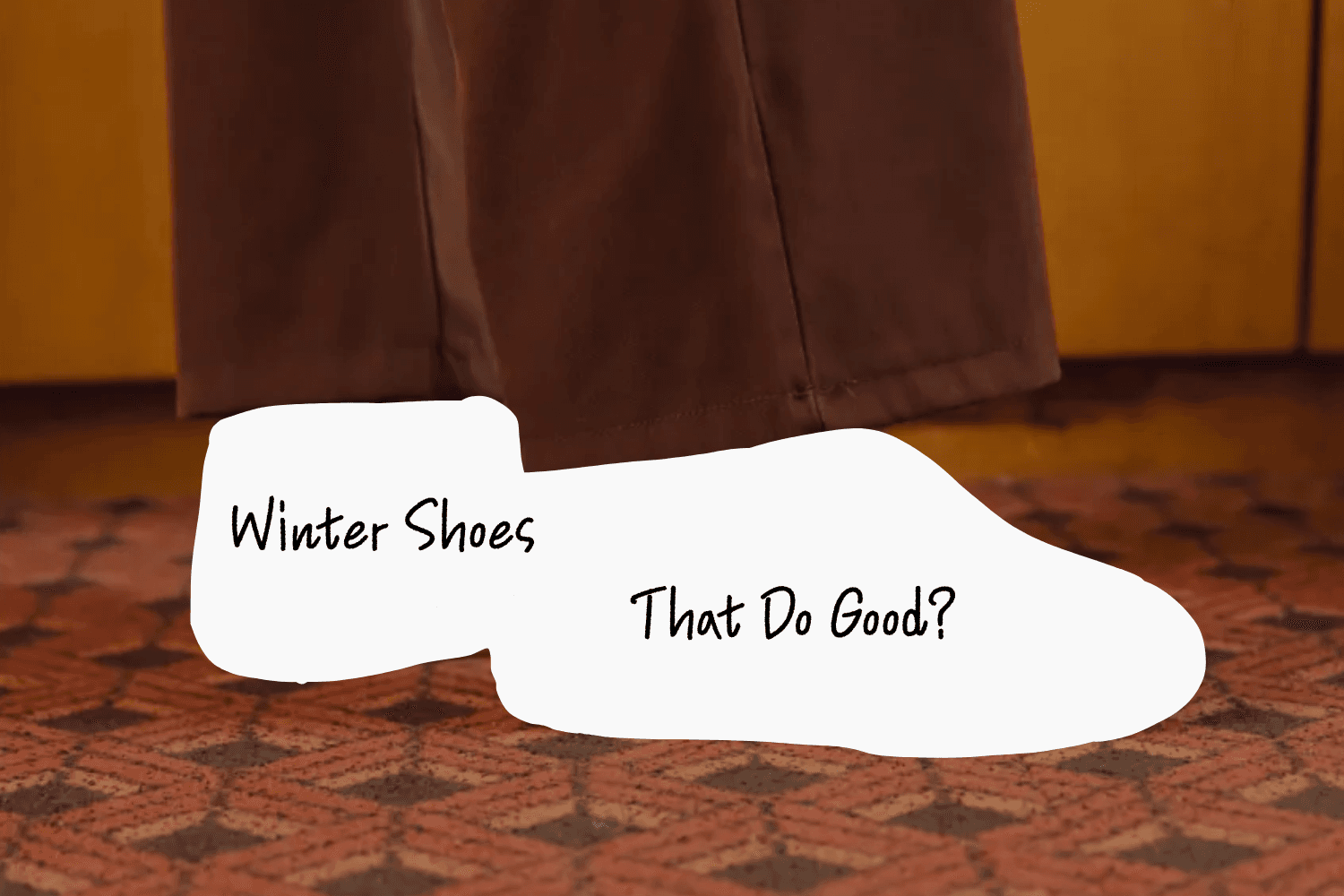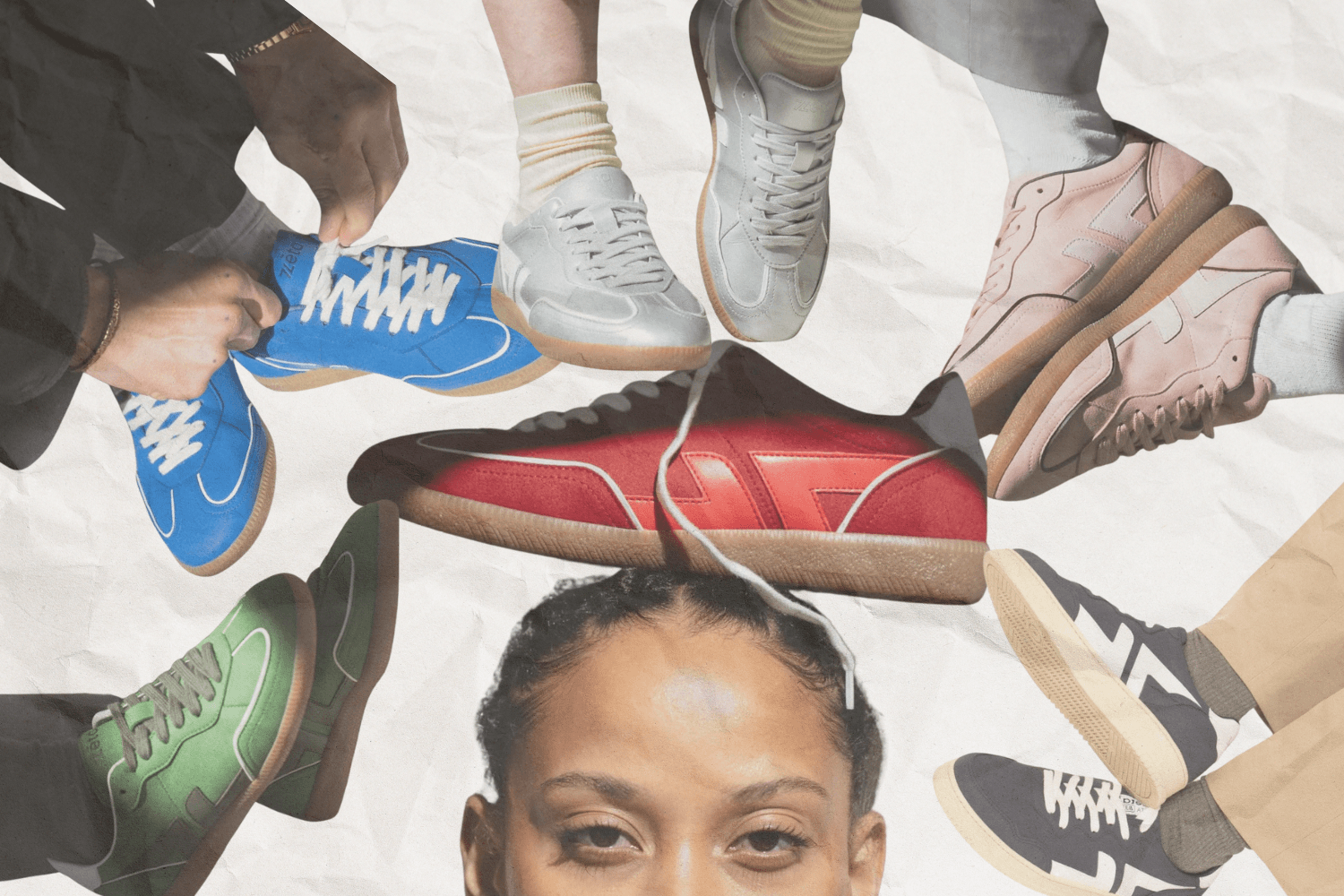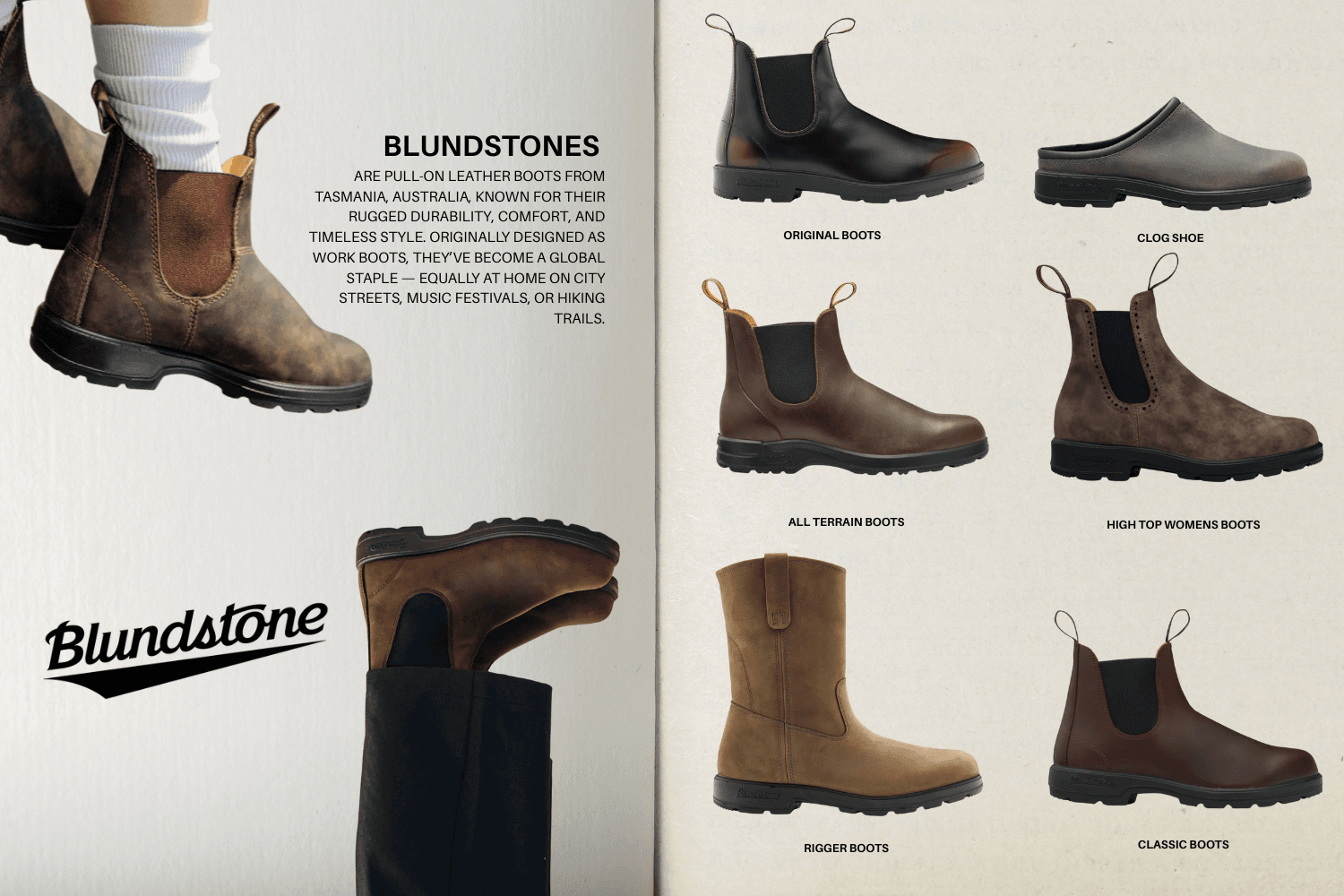The Bever store on Sint Jacobsstraat in Utrecht has been transformed into an innovative retail laboratory, where the outdoor retailer experiments with new approaches to retail that prioritize sustainability, circularity, and customer flexibility. The concept goes beyond traditional consumerism by emphasizing conscious choices, convenience, and reducing waste. In this unique store, Bever tests initiatives that, if successful, will be rolled out across all Bever locations. CEO Albert Scholte describes the venture as “unique and sometimes temporary—depending on what works and what doesn’t.”
Rethinking Retail for a Sustainable Future
The shift to a sustainable retail model comes with challenges, but Bever sees this as an opportunity to take real action and inspire change. The new store location, formerly Bever’s only outlet, is designed to explore innovative retail formats that better align with sustainable principles. This includes everything from product selection to a novel shopping experience focused on learning, experimentation, and growth.
Around half of the store is dedicated to circular concepts, including “Second Chance” products, which are pre-loved or repaired items, as well as rental, maintenance, and repair services. The store’s windows feature these circular options prominently, showcasing Bever’s commitment to keeping products in use longer and preventing them from gathering dust in a closet. Additionally, Bever now buys back used outdoor equipment to support customers in making more conscious decisions around ownership and use. This initiative aims to maximize the lifespan of each product while reducing unnecessary consumption.
Autonomy and Flexibility for Customers
Bever’s vision is not only about sustainability but also about offering customers more flexibility and freedom. “We want to offer our customers more options and freedom in how they engage with our products,” Scholte explains.
“If you only go camping once a year, why should you need to buy an entire set of gear? Renting might be a better choice in that case. Or if you’re frequently outdoors but explore different environments each season, renting or buying second-hand could be a perfect way to always have the right equipment without it just taking up space in your shed.”
This approach extends beyond simply offering sustainable options—it’s about providing customers with autonomy and convenience in their purchasing choices. By giving people the ability to choose what best fits their lifestyle, Bever encourages mindful consumption that also accommodates customers' unique needs. This allows them to experience the outdoors without having to commit to owning a full kit that they may rarely use. Scholte adds, “This concept is about more than just offering sustainable alternatives. It’s about giving our customers autonomy in their purchase decisions.”
Creating a Circular Retail Model
This initiative is part of a larger movement toward creating a circular economy within retail. Bever’s focus on rental services, maintenance, repairs, and buy-back programs is designed to keep products in circulation as long as possible. By doing so, Bever not only meets its sustainability goals but also gives customers more opportunities to interact with their products in a way that aligns with responsible consumption. This model is both environmentally conscious and customer-centered, as it provides an alternative to linear consumption patterns.
This commitment to circularity also includes encouraging customers to think about the lifecycle of each product. If a customer’s needs change, they have the option to return, rent, or buy pre-owned equipment, which helps reduce waste and limits the demand for new resources. Bever recognizes that these changes in behavior take time, but believes that by offering such choices, the store can demonstrate that sustainable retail can still offer pleasure and convenience.
Encouraging Other Retailers to Join the Movement
Bever’s efforts don’t stop with its own customers. The company also hopes to inspire other retailers to embrace more sustainable business models. In the past, Bever has championed initiatives like “For Future Fridays,” a sustainable alternative to Black Friday that promotes mindful purchasing instead of overconsumption. Bever was also among the first in its sector to collect old clothing and introduce repair and maintenance services for outdoor gear.
Most recently, Bever introduced its “Bever Buys Back” program, which allows customers to return used outdoor products for resale, as well as began offering outdoor equipment rentals. These moves highlight Bever’s commitment to reducing waste while promoting more mindful shopping habits. As Scholte puts it, “Sustainable choices can also be enjoyable. If this concept is successful, we will expand it further.”
Every Step Counts Toward a Positive Impact
The move toward a more sustainable retail model is not without its obstacles, but Bever is determined to lead the way. Scholte acknowledges that shifting consumer behavior requires patience and persistence. “We understand it takes time to convince people to think differently about consumption. But by giving our customers more freedom of choice—from buying to renting and from repairing to recycling—we want to show that mindful consumption can be compatible with enjoyment and convenience.”
Bever’s strategy focuses on taking advantage of these opportunities. Every small step helps, and Bever believes that even incremental changes can make a positive impact on the industry and on consumer habits. This commitment is reflected in Bever’s decision to set up the Sint Jacobsstraat store as a testing ground for sustainable retail practices that can later be introduced to its other locations.
Connecting Retail and Responsibility for the Outdoors
Beyond just providing outdoor gear, Bever sees itself as having a responsibility to protect and care for the natural world. The company wants customers to reflect on their purchases and consider why they need certain products. As Scholte states, “We want people to think about what they buy and why. We know it takes time, and not everyone will change right away, but we can’t wait until tomorrow to take action. With this new store and our other initiatives, we hope to foster a shift in consumer behavior and make a meaningful difference.”
For Bever, encouraging people to enjoy the outdoors is only part of its mission—the company also wants to ensure the outdoors is protected for future generations. This ethos is embodied in the new Utrecht store, where each customer interaction serves as a step toward fostering greater environmental responsibility. “Every step counts, big or small, from everyone. The outdoors needs us,” Scholte emphasizes.
The Bever store on Sint Jacobsstraat isn’t just a retail space—it’s a vision for the future of consumerism. Through thoughtful experimentation and a strong commitment to circularity, Bever is leading by example, showing that sustainability can coexist with customer satisfaction and convenience. By reimagining the way people access outdoor products, Bever aims to build a world where mindful, enjoyable, and impactful consumption becomes the new norm.
Frequently Asked Questions (FAQ)
What makes the Bever store on Sint Jacobsstraat different from other Bever locations?
The Bever store on Sint Jacobsstraat in Utrecht is a unique retail laboratory where the company experiments with new sustainability-focused retail concepts. Unlike traditional stores, it prioritizes circular economy practices, including rental services, buy-back programs, and repairs. Around half of the store is dedicated to second-hand and refurbished outdoor gear, offering customers more flexible, eco-friendly ways to shop.
What is the Bever Buys Back program?
The Bever Buys Back program allows customers to return used outdoor gear, which is then refurbished and resold as part of the store's commitment to circular retail. This initiative helps extend the lifespan of products, reduces waste, and provides an alternative to buying new items. Customers can trade in their pre-owned gear, contributing to a more sustainable shopping model while also benefiting from more affordable, high-quality outdoor equipment.

.jpg&w=128&q=75)
 image (8).png 913.88 KB
image (8).png 913.88 KB





.jpg&w=3840&q=75)